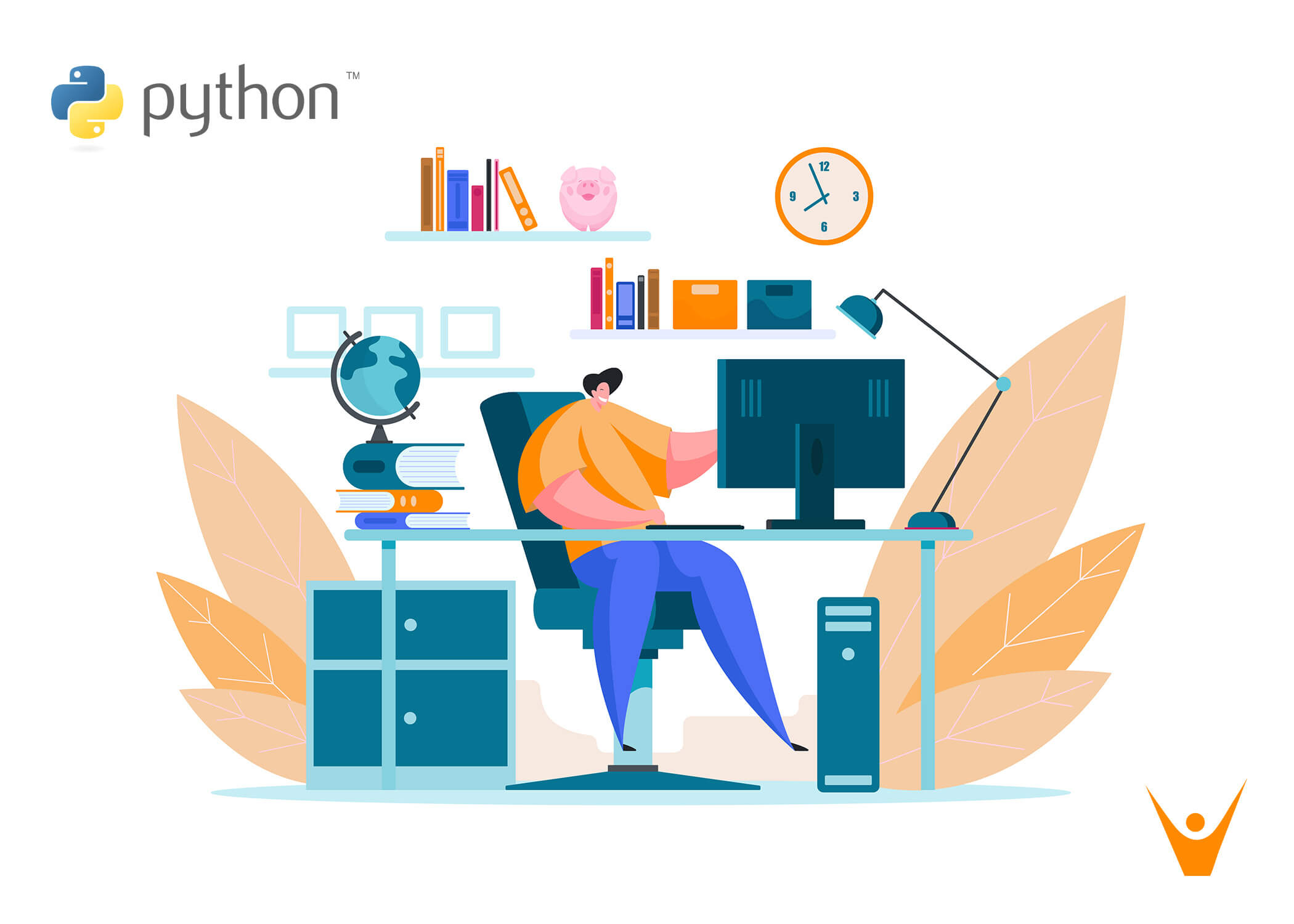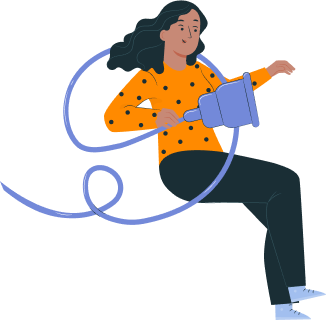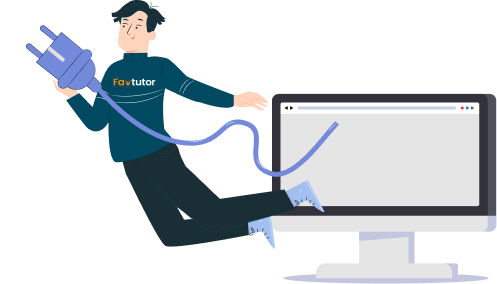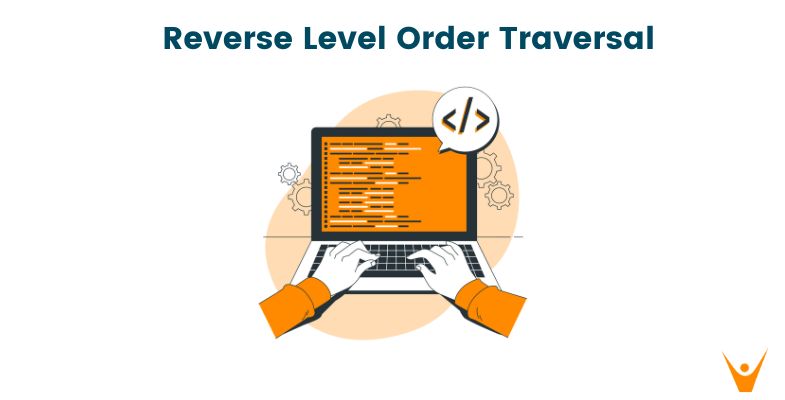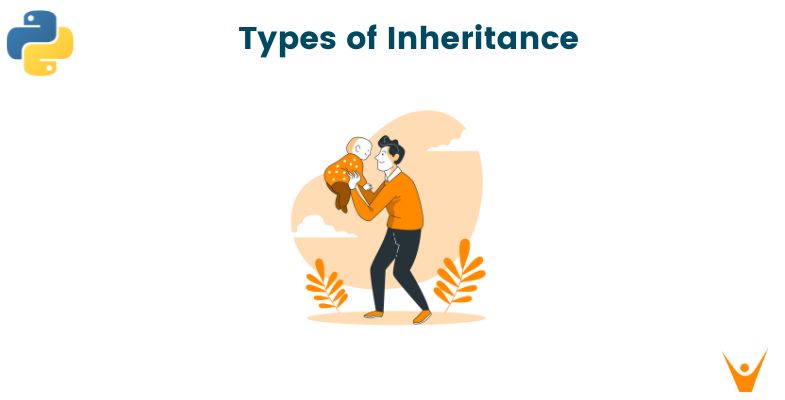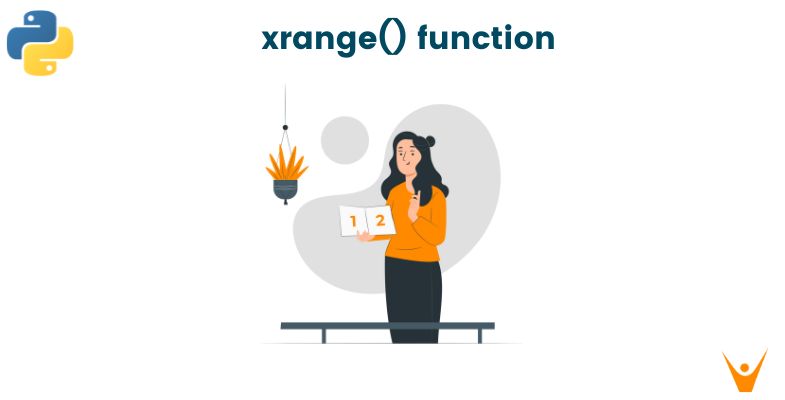The answer to this question depends on your goals. Learning Python can take a lifetime, as there is always more to learn and discover about the language. But if you are a beginner, you might want to know how long does it take to learn Python to get a job? like how many weeks or months it takes in total and how much time to give it every day. So, let's clear this query once and for all!
What is Python?
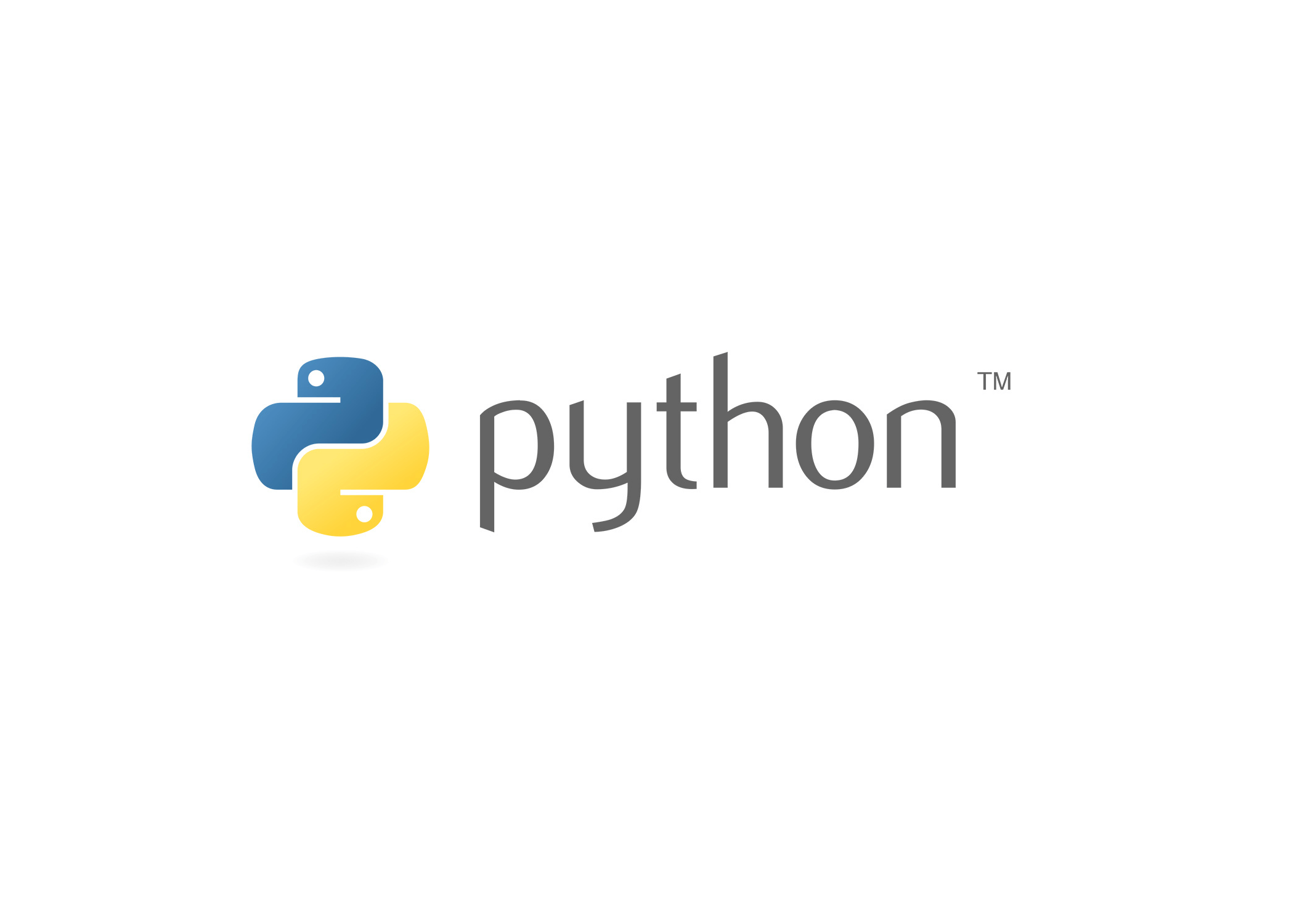
Python is a high-level, interpreted, object-oriented programming language. It has a simple syntax and hence reduces the cost of program development and maintenance. There is also a large collection of modules and packages which encourages reusability of code and increases its functionality.
Why Python Programming is booming? Programmers prefer using Python language over another programming language because it is easy to learn, useful in machine learning & data science as well as its speed is far better. Let us study them one by one:
- Easy to learn: For beginners starting to learn to code, python language is incredibly easy. The language gives more emphasis on natural language.
- Large collection of Python libraries: Python has excellent libraries that can save a large amount of time and effort in the initial stages of development. Libraries with specific focus are also available like sci-kit-learn for machine learning applications.
- Machine Learning and Big Data: Python is the most trending tool followed by R language for data science and analytics. There is an ease of analyzing and organizing the usable data with it.
- Speed: It can be used in almost all kinds of environments and one will not face any kind of loss issue irrespective of the platform one is working. Being an interpreted language, python is renowned for its speed during execution.
- Python Community: Python has an extensive community that is ever ready to help you out. There is also detailed documentation on a lot of topics to guide beginners or solve bugs.
Is Python easy to learn?
The answer to this question differs from person to person. Generally, python is widely considered an accessible programming language to learn even when you are just a beginner and/or have no background in a different programming language. This is because of its simpler syntax that allows writing code in fewer lines of code in comparison to others.
How long does it take to learn Python from scratch?
So, how long does it take to learn Python? It takes on an average of 8 weeks or around 2 months to learn the basics of Python. This includes learning basic syntax, data types, conditional statements, loops, functions, and operators. Learning duration depends on your daily schedule but for our timeline, we recommend at least 3 hours daily.
But if you are working professionally learning basic Python can take much more time than learning it as a student. You might have to adjust your weekend schedule and give more time and dedication to your weekly holidays.
Now, if you want to become an expert in some specific higher-lever domain then more months of learning are required. The schedule must involve focusing on the higher topics after the first 2 months. But if you have worked on your basics for the first 2 months to solidify the concepts, you might never have to revisit them again.
This type of expertise is required when you want to get a job in machine learning or data science. But if the job is for a Python amateur (maybe as an intern or in a new small company), then with just 1 more week of interview preparation, you can get placed and start working to experience programming in real-life.
It is also possible and advised to learn enough to start solving problems within a short period of time. This problem will help you with interviews as well.
Of course, if you have prior experience in any other programming language, the time to learn can be reduced to 4-6 weeks. Here is also a great guide to what a Python programmer should know about.
Let's now talk about the basic topics that you need to cover!
Beginner-level Topics
Some of the basic beginner's topics in Python programming language are explained below:
- Variables Types: Variables are reserved memory locations to store data.
- Data Types: Python comes with an extensive set of data structures that hold different types of variables.
- Typecasting: We can convert one data type into another data type using the typecasting approach.
- Operators: Operators are special symbols that help the compiler to perform some specific mathematical and logical operators.
- Conditional statement: There comes a point in programming where some specific statement is to be executed if certain conditions are true.
- Loops: Loops are the conditional statement that is executed as long as the conditional statement returns true.
- Functions: The functions can be defined as a group of statements in a program that performs a specific task. It is the reusable code used to perform a single related task.
- Recursion: The recursion function is the function that calls itself. Now when the function keeps calling itself the function turns into an infinite loop or we can say a never-ending loop.
Higher Skills to Learn
After the basics are done, you might want to go into a specific field of computer science to utilize your newly gained programming skills. Some of the skills required to become a Python developer are explained below:
- Web Technologies: Python is used in many companies as server-side programming technology. A good Python web developer always prefers to go with any of the two web technologies supporting Python language i.e. either Django or Flask. Along with this some of the front-end knowledge of technologies like HTML, CSS, and Bootstrap is also recommended.
- Data Science: Data Science is the most useful technology trending in today's market and a data scientist must have Python in his skillset. To get expert knowledge in this area, you also need to be good at mathematics, statistics, and probability.
- Machine Learning and AI: Machine Learning and Artificial Intelligence fall under the category of data science. It consists of a good understanding of data from datasets and analyzing data to visualize data and produce insights into the same data, etc.
Conclusion
So, as explained above, we conclude that learning Python differs from person to person. I hope now you got the answer to how long does it take to learn Python to get a job? We also have Top Python Tutors that can teach you this programming language if you are a complete beginner.


